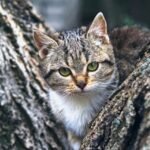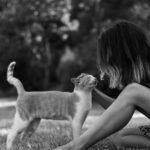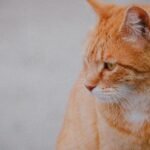Keeping your indoor cat healthy starts with providing a balanced and nutritious diet. Unlike outdoor cats, indoor cats have different energy needs and lifestyle factors that impact their nutrition. A well-planned diet not only keeps your feline friend active but also prevents health issues like obesity and digestive problems.
Understanding Indoor Cat Nutrition
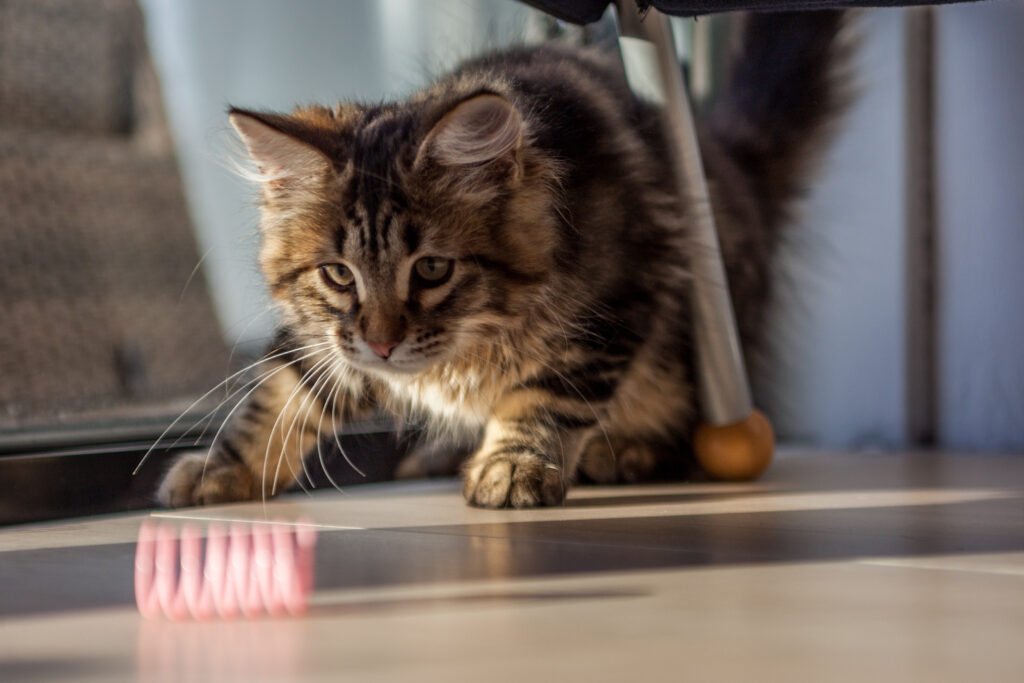
Indoor cats lead a more sedentary lifestyle compared to their outdoor counterparts. This means they burn fewer calories and require a diet that supports their lower activity levels without leading to weight gain. High-quality protein, moderate fats, and essential vitamins and minerals are key to maintaining their overall health.
Prioritize High-Quality Protein

Cats are obligate carnivores, which means protein is the cornerstone of their diet. Look for cat food with real meat or fish as the first ingredient, such as chicken, turkey, or salmon. High-quality protein helps maintain muscle mass and supports your cat’s energy needs, even with reduced activity levels.
Include Essential Nutrients
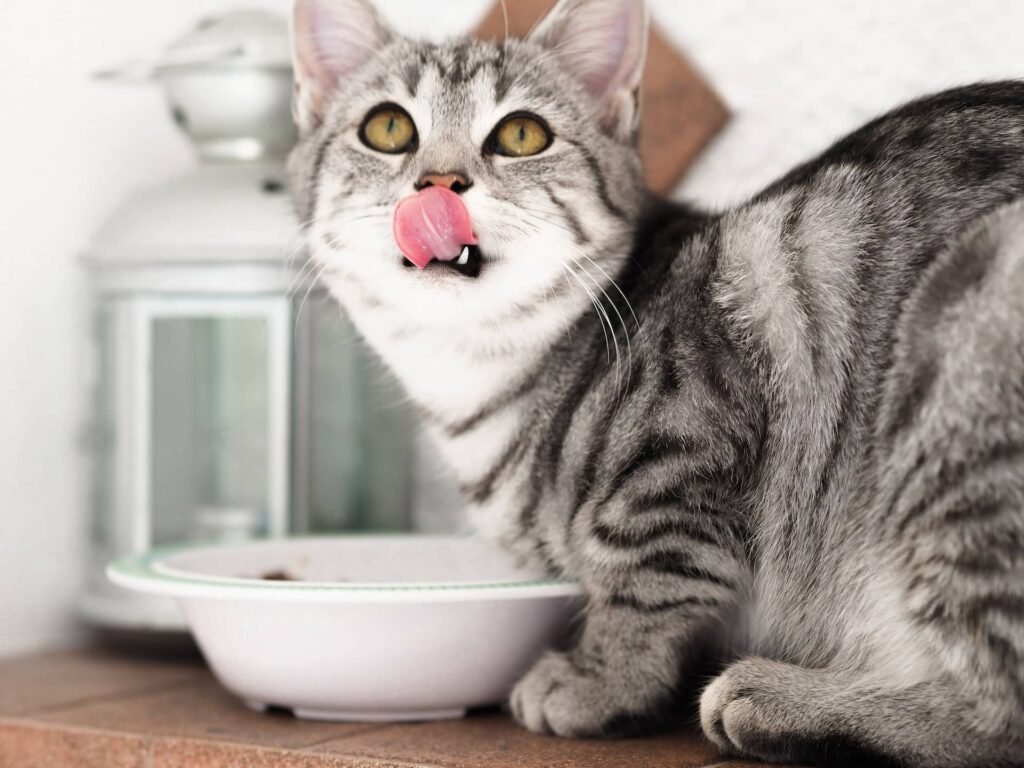
Indoor cats need a diet rich in essential nutrients, including omega-3 and omega-6 fatty acids for a shiny coat and healthy skin. Taurine, an amino acid found in meat, is vital for heart and eye health. Vitamins and minerals like calcium, phosphorus, and vitamin E also play a crucial role in your cat’s overall well-being.
Manage Calorie Intake
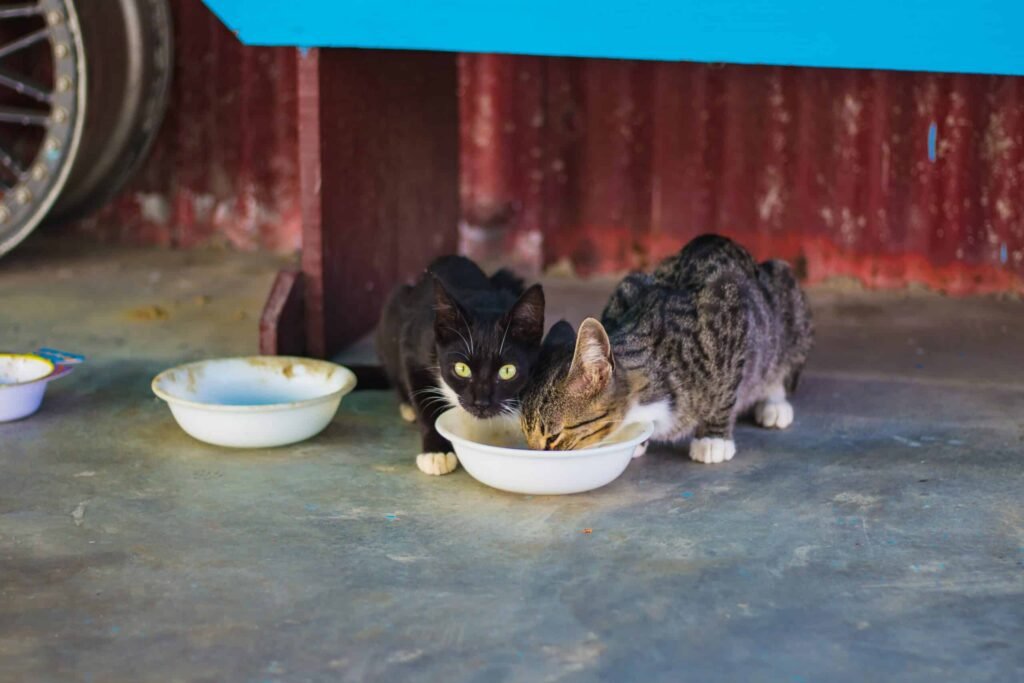
Overeating can quickly lead to obesity, a common problem among indoor cats. Choose a cat food formulated specifically for indoor cats, as these diets are designed to be lower in calories while still providing the nutrients they need. Use portion control and feeding schedules to prevent overfeeding.
Consider Wet and Dry Food Options
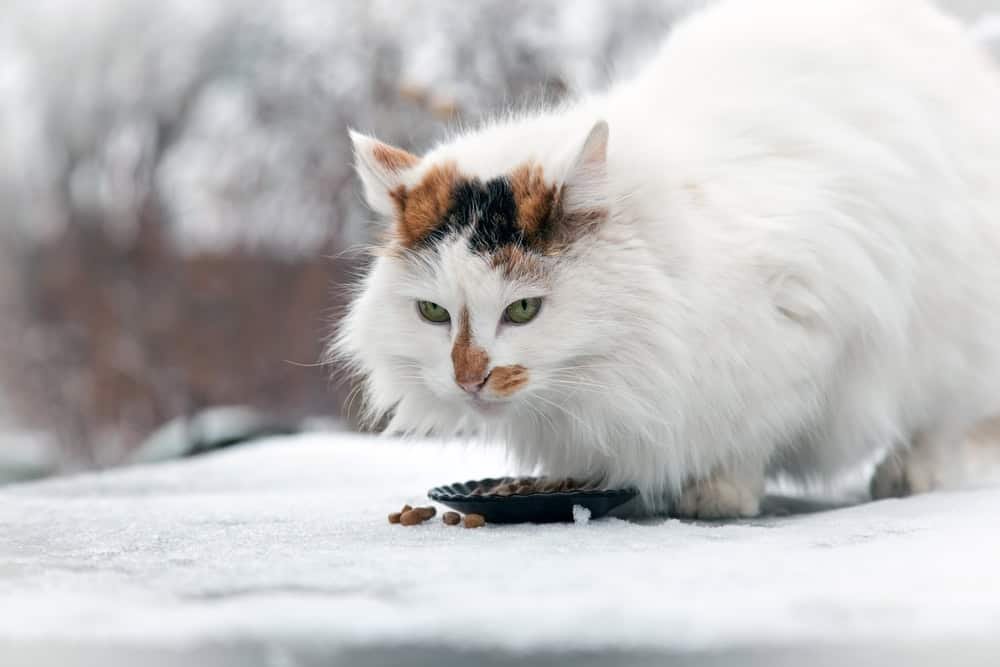
A mix of wet and dry cat food can provide variety while keeping your cat hydrated. Wet food has a high moisture content, which supports urinary health and prevents dehydration. Dry food, on the other hand, is convenient and helps with dental care when combined with regular brushing.
Keep Fresh Water Available
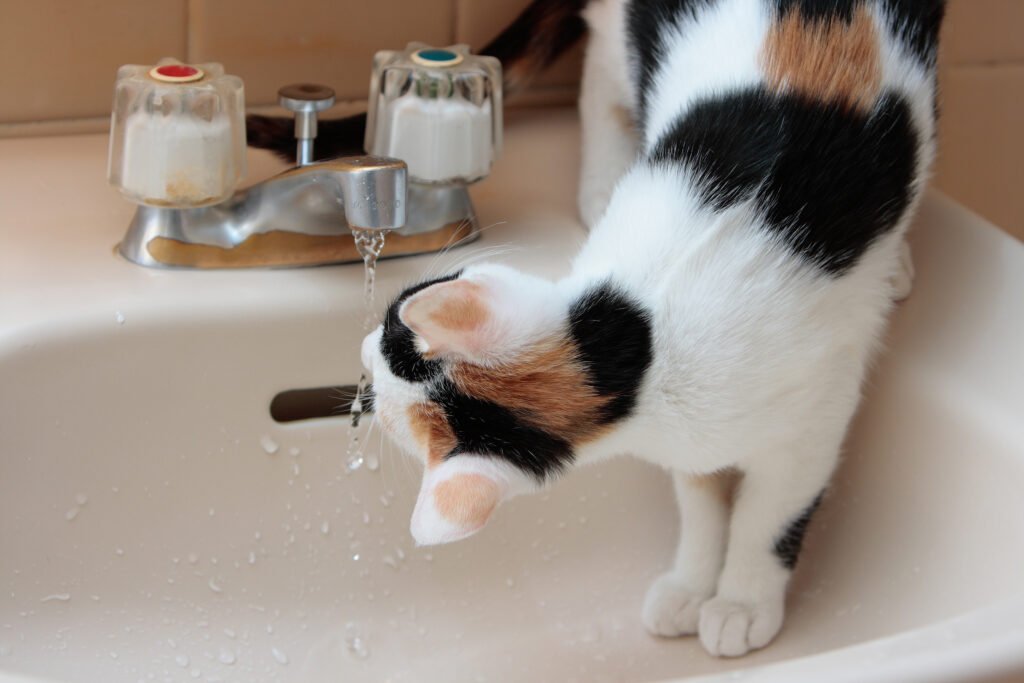
Hydration is just as important as diet. Always provide fresh, clean water for your cat, and consider a pet water fountain to encourage them to drink more. Proper hydration supports kidney function and helps prevent urinary tract issues.
Treats in Moderation

While treats are a great way to bond with your cat, they should be given sparingly. Too many treats can lead to weight gain and upset the balance of your cat’s diet. Opt for healthy treats with natural ingredients and limit them to less than 10% of their daily calorie intake.
Regular Vet Checkups
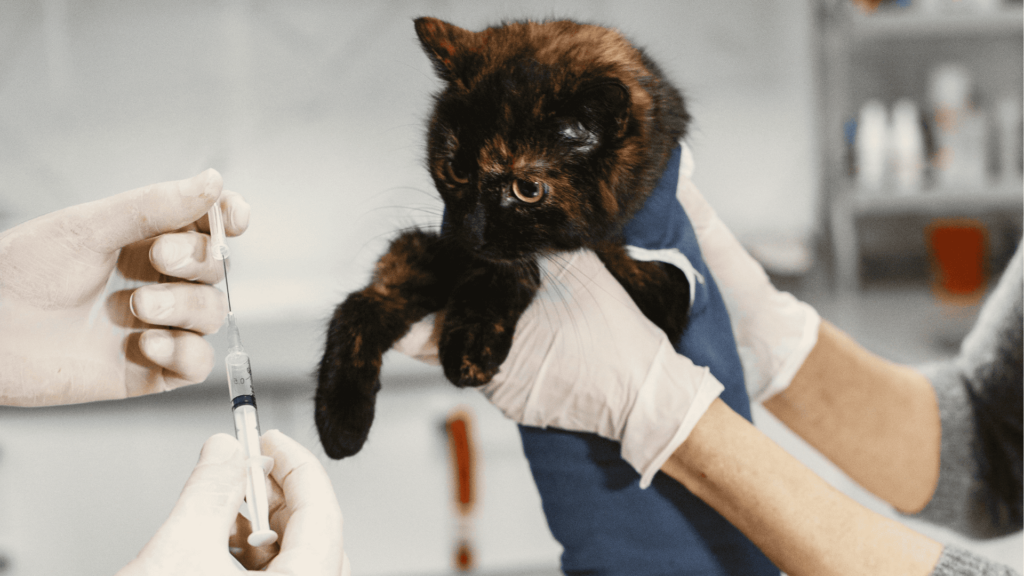
Consult your veterinarian to tailor your cat’s diet to their age, weight, and health needs. Regular checkups ensure your cat is receiving the proper nutrition and can help identify any dietary adjustments they may need.
A Healthy Cat is a Happy Cat
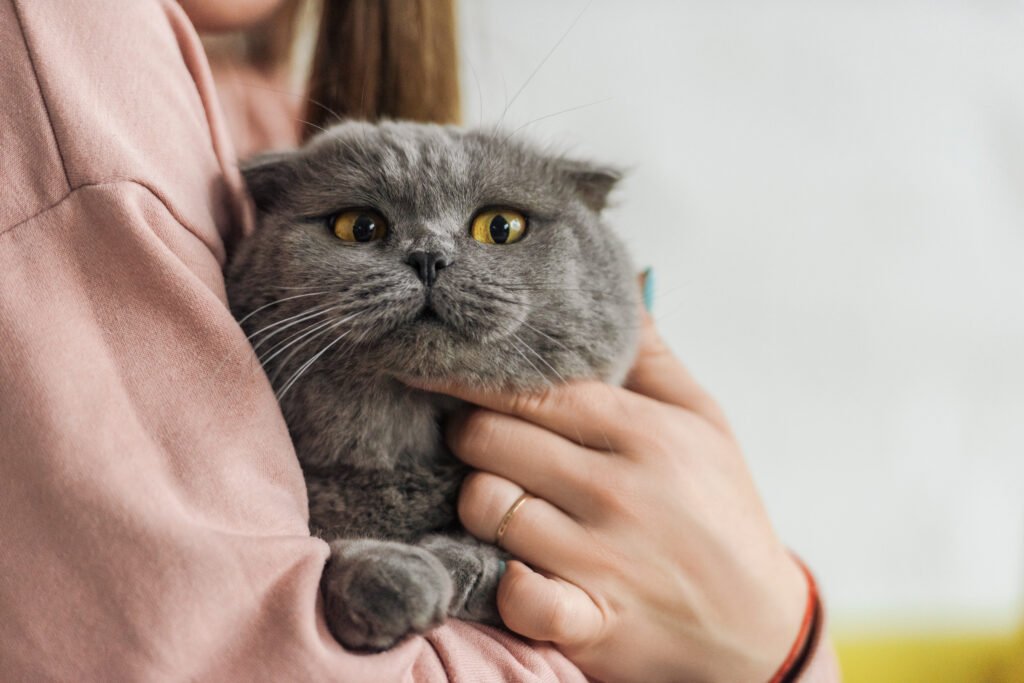
Providing the best diet for your indoor cat sets the foundation for a long, healthy, and happy life. By focusing on high-quality ingredients, portion control, and hydration, you’ll ensure your feline friend thrives in their cozy indoor environment. Remember, a well-fed cat is a content and playful companion.

Growing up traveling and experiencing new cultures and wonders, I have had a passion for nature, adventuring, photography, and videography. I am currently working towards a BSc in Biodiversity and Ecology at Stellenbosch University, and I hope to specialise in Marine Sciences one day.
Please send any feedback to Feedback@animalsaroundtheglobe.com

